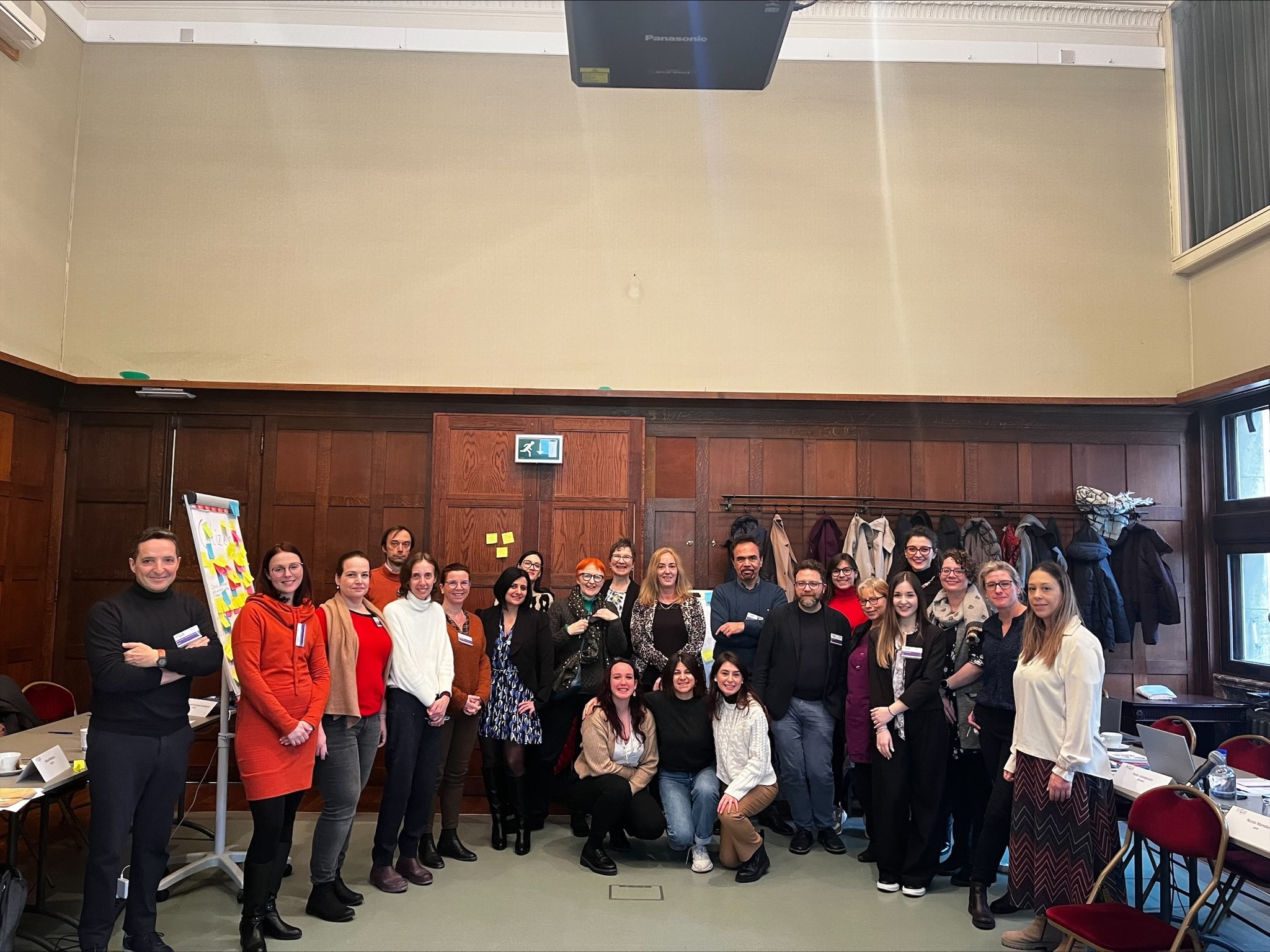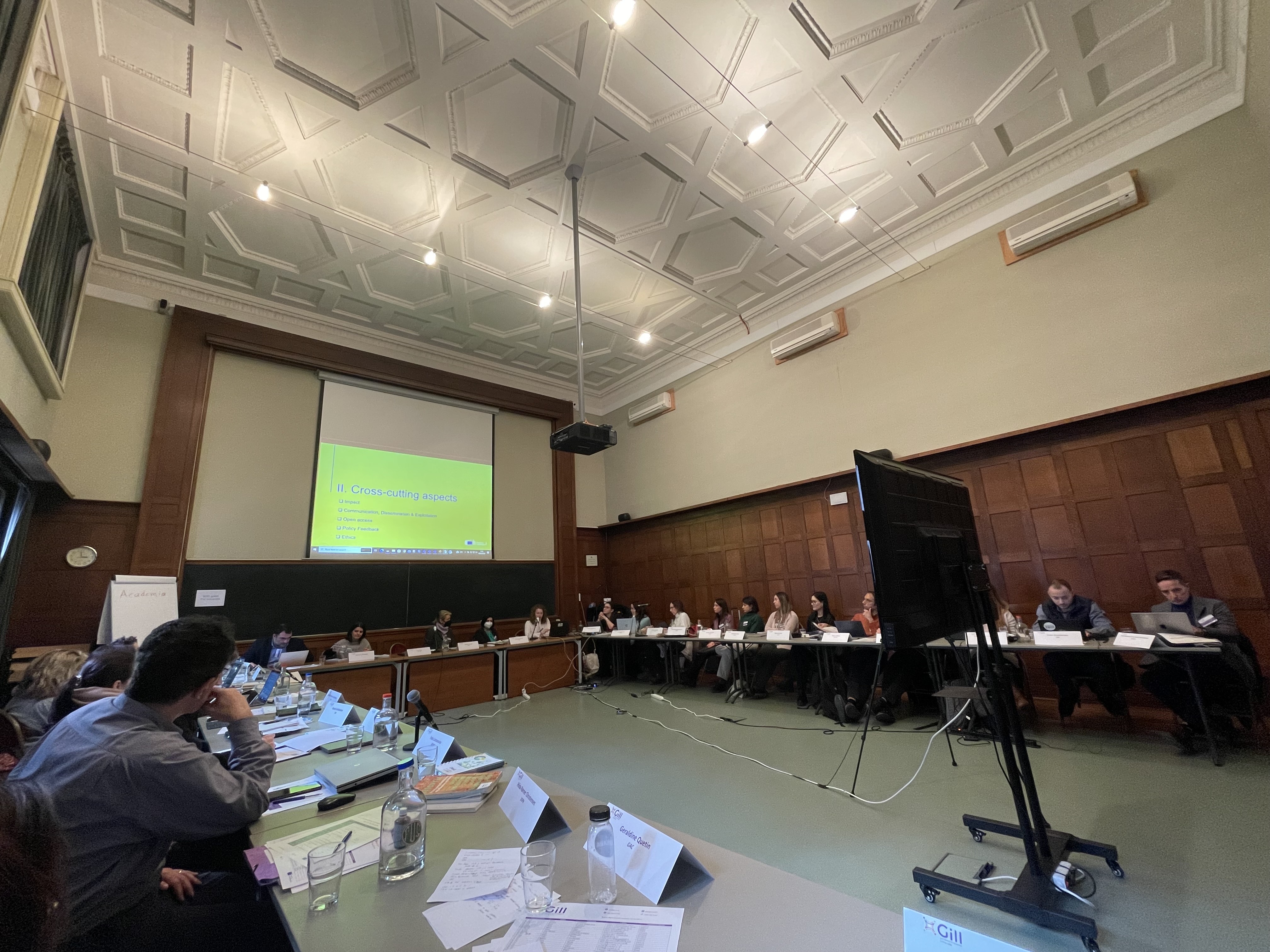AIR Institute joins the European GILL project to boost women innovators
Last week the kick-off meeting of the GILL project (Gendered Innovation Living Labs - EU Grant Agreement number 101094812) took place. Juan Manuel Corchado, president of AIR Institute, participated in the event together with the other project partners and some representatives of the European Commission.
GILL is an EU-funded project that addresses gender blindness, diversity in the discourse and the practices of Living Labs to enable organizational and cultural changes, improve professional development, increase gender and diversity integration. It also fosters dialogue and co-creation activities between the 4 key actors of the Quadruple Helix model: academia, public sector, industry, citizens to transform individual, team, societal and organizational practice, co-create methods and tools to integrate gender and diversity in product design, technologies, innovation and policy design.

The project is composed of 17 partners from 10 different countries. As coordinators of the European Network Of Living Labs Ivzw project, also participating are AIR Institute, Coventry University, Gac, Aristotelio Panepistimio Thessalonikis, Vilabs Oe, Kobenhavns Universitet, Universidad De Salamanca, Hochschule Heilbronn, Fondazione Giacomo Brodolini Srl Sb, Institute of Sociology of the Academy of Science, Politecnico Di Torino, Sheffield Teaching Hospitals Nhs Foundation Tru, F. K. Liotopoulos Kai Sia Ee, Asociatia Transilvania It, Municipality Of Alba Iulia Y Center For Formidling Af Naturvidenskab Og Mod.

GILL will conduct 15 action-oriented experiments in 8 countries by partners operating as pilot actions for the project's "Living Lab". Each pilot case provides a real environment in which both open innovation and user innovation processes can be studied and new solutions can be developed.
Main objectives of GILL
AIR Institute will actively participate in different objectives of the GILL project, among them:
- Providing a systemic understanding of the current barriers and enablers of gender-responsive innovations and women's entrepreneurship starting in elementary school.
- Provide a roadmap of existing knowledge on gender, diversity, innovation and entrepreneurship relevant to the project themes.
- Jointly create a sustainable pan-European hub for learning and collaboration.
- Raise awareness and maximize visibility among key target groups.
- Build and engage a community of stakeholders and establish synergies with relevant initiatives.

We are very pleased to be part of this ambitious project, which aims to create an Open Innovation Ecosystem for women and other traditionally underrepresented groups.

This project has received funding from the European Union's Horizon Europe research and innovation program under grant agreement no. 101094812.
The information and views expressed in this article are those of the authors and do not necessarily reflect the official opinion of the European Union.